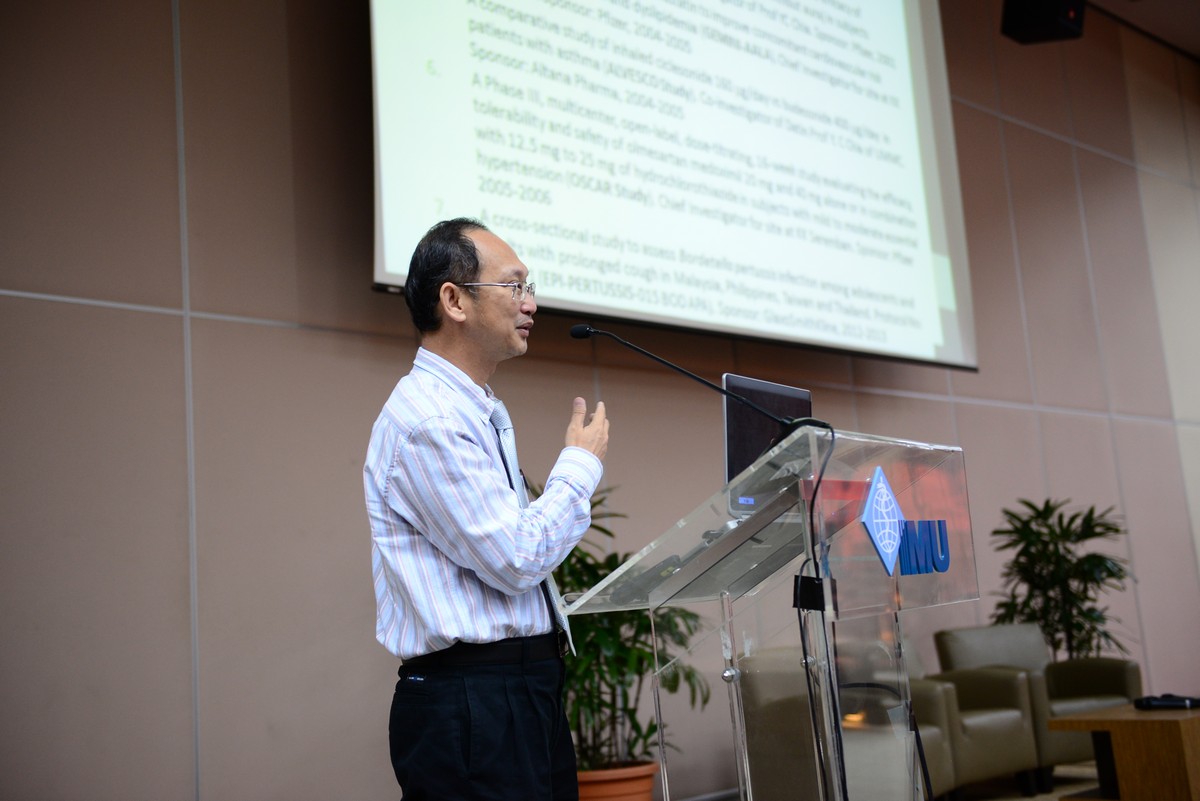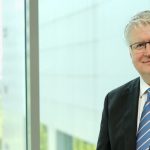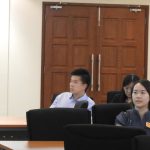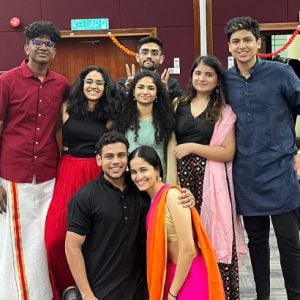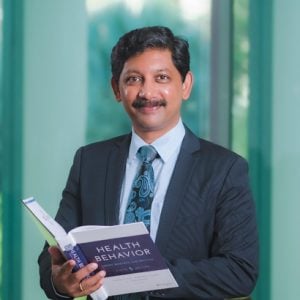The high quality of medical care we enjoy today is the fruit of tremendous attempts of clinical researches conducted by medical professionals over the past few decades. Their tireless efforts in clinical research have yielded results that have made many once life-threatening diseases and conditions just a memory today. Clinical research is the study of health and illness in people. It involves human participants and helps to translate findings from studies done in the lab into new treatments and information for the benefits of humankind. Clinical research is done to determine the safety and effectiveness of medications, devices, diagnostic products, and treatment regimens. The ultimate aim of clinical research is for prevention, treatment, diagnosis, and relieving symptoms of a disease. 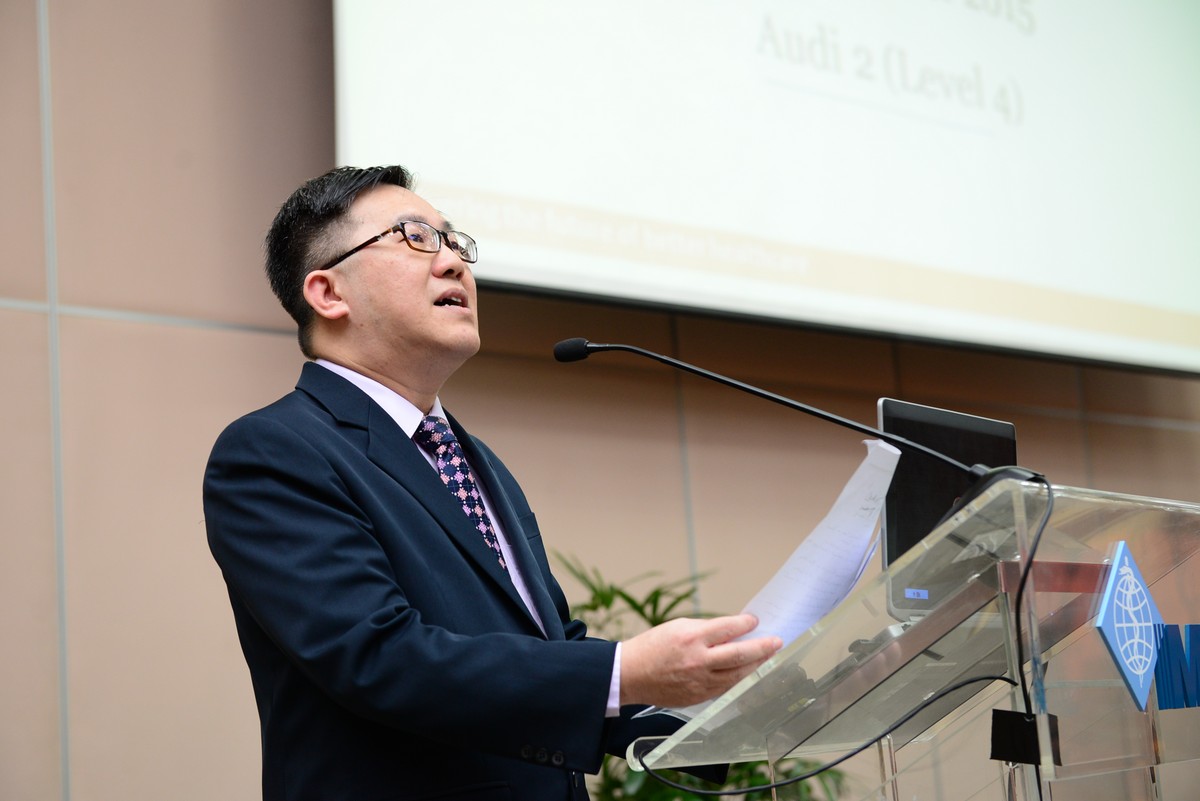
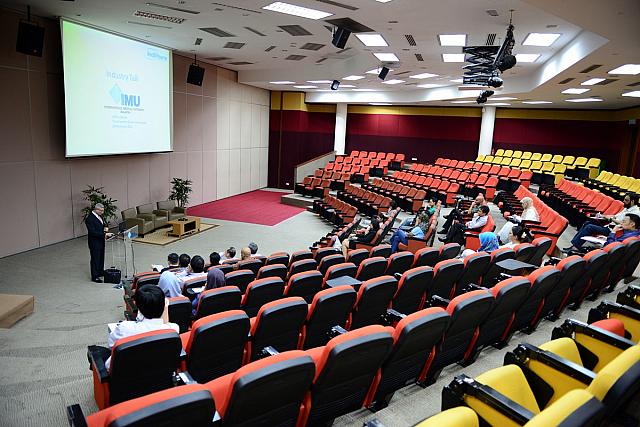 On 28 November 2015, the Institute for Research, Development and Innovation (IRDI) in collaboration with IndiPharm Inc., a pharmaceutical company had successfully organised an industry talk titled “Clinical Research and Life Science Ecosystem: Education and Training Opportunities” at the International Medical University (IMU), Bukit Jalil. A total of 38 participants consisting of members from government agencies, research institutions, hospitals and pharmaceutical industries, and university students and faculty attended this talk.
On 28 November 2015, the Institute for Research, Development and Innovation (IRDI) in collaboration with IndiPharm Inc., a pharmaceutical company had successfully organised an industry talk titled “Clinical Research and Life Science Ecosystem: Education and Training Opportunities” at the International Medical University (IMU), Bukit Jalil. A total of 38 participants consisting of members from government agencies, research institutions, hospitals and pharmaceutical industries, and university students and faculty attended this talk. 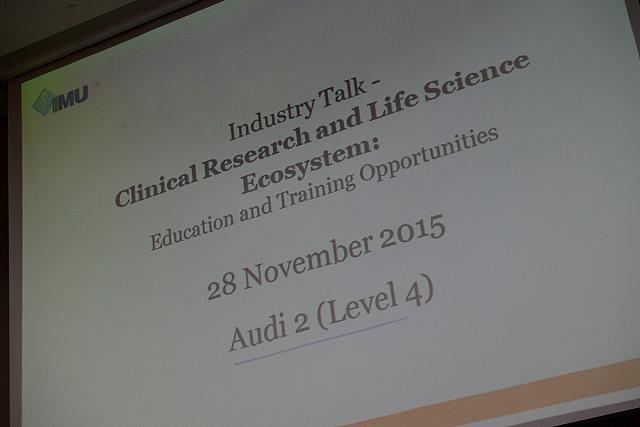 The main objectives of this industry talk were to deliberate on issues and opportunities related to clinical research, to highlight the importance of various educational initiatives to enhance workforce readiness in clinical research, as well as to explore the opportunities for career development in clinical research. The talk was timely as IRDI, in partnership with IndiPharm will be launching a series of training courses on clinical trials in the very near future.
The main objectives of this industry talk were to deliberate on issues and opportunities related to clinical research, to highlight the importance of various educational initiatives to enhance workforce readiness in clinical research, as well as to explore the opportunities for career development in clinical research. The talk was timely as IRDI, in partnership with IndiPharm will be launching a series of training courses on clinical trials in the very near future. 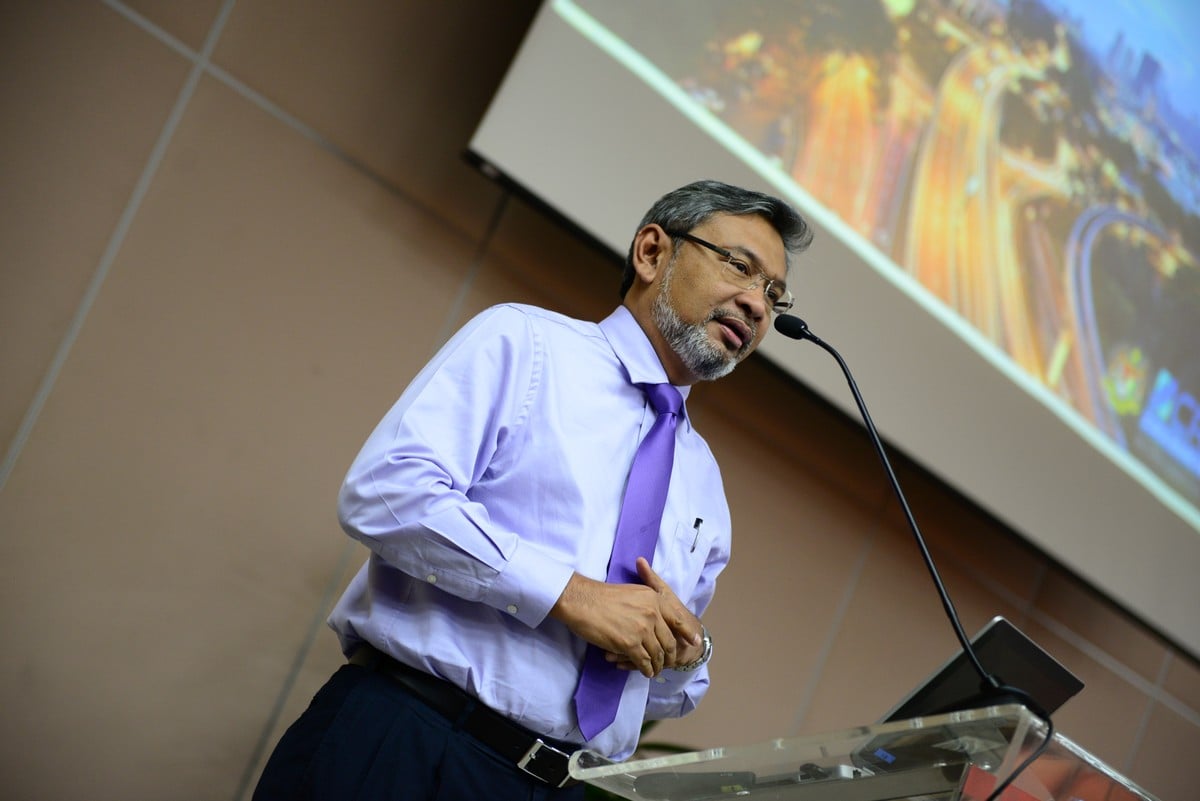 Three keynote speakers were invited to deliver their talks, namely Mr Jeffrey Scott Yablon, Dr Akhmal Yusof, and Prof Teng Cheong Lieng. Mr Yabblon, who is the Vice President and General Manager at IndiPharm Inc., talked about the global trends of clinical research and also the status and clinical developments in Malaysia. Dr Akhmal Yusof is the Chief Executive Officer (CEO) of Clinical Research Malaysia (CRM). His main forte in the industry is clinical research management and regulatory, medical and government affairs. Dr Akhmal highlighted the potentials of Malaysian Investigator Sponsored Research in this region and the new opportunities in conducting industry sponsored research (ISR) in the area of medical devices, biologics, and biosimilar studies. Meanwhile, Prof Teng is a Professor of Family Medicine from the IMU Clinical School. He shared his own experiences of being a clinical researcher and various perspectives of clinical trials. He gave a good narrative of what a clinician has to go through in a clinical trial.
Three keynote speakers were invited to deliver their talks, namely Mr Jeffrey Scott Yablon, Dr Akhmal Yusof, and Prof Teng Cheong Lieng. Mr Yabblon, who is the Vice President and General Manager at IndiPharm Inc., talked about the global trends of clinical research and also the status and clinical developments in Malaysia. Dr Akhmal Yusof is the Chief Executive Officer (CEO) of Clinical Research Malaysia (CRM). His main forte in the industry is clinical research management and regulatory, medical and government affairs. Dr Akhmal highlighted the potentials of Malaysian Investigator Sponsored Research in this region and the new opportunities in conducting industry sponsored research (ISR) in the area of medical devices, biologics, and biosimilar studies. Meanwhile, Prof Teng is a Professor of Family Medicine from the IMU Clinical School. He shared his own experiences of being a clinical researcher and various perspectives of clinical trials. He gave a good narrative of what a clinician has to go through in a clinical trial. 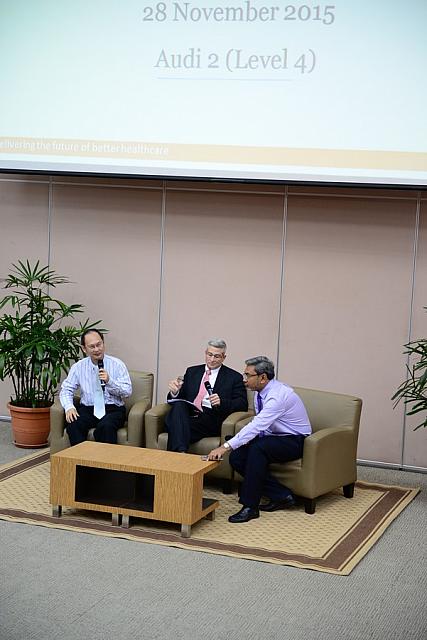 In Malaysia, our target is to achieve 1000 clinical trials by year 2020. To date, there are 869 new and ongoing ISRs. In order to achieve the set target, training and education is the key. In fact, Malaysia has strong commitment and support for the contract research industry as evidenced by a conducive clinical research environment as well as qualified and well-trained medical professionals working in modern medical facilities. Not to mention that Malaysia has a good regulatory system in place as evidenced by enforcement of compliance with Good Clinical Practice (GCP) or Good Laboratory Practice (GLP) as well as ethics review and regulatory approval review boards. On top of that, Malaysia also has strong government commitment in clinical research with joint efforts by the Ministry of Health (MOH), Clinical Research Centre (CRC), and Clinical Research Malaysia (CRM).
In Malaysia, our target is to achieve 1000 clinical trials by year 2020. To date, there are 869 new and ongoing ISRs. In order to achieve the set target, training and education is the key. In fact, Malaysia has strong commitment and support for the contract research industry as evidenced by a conducive clinical research environment as well as qualified and well-trained medical professionals working in modern medical facilities. Not to mention that Malaysia has a good regulatory system in place as evidenced by enforcement of compliance with Good Clinical Practice (GCP) or Good Laboratory Practice (GLP) as well as ethics review and regulatory approval review boards. On top of that, Malaysia also has strong government commitment in clinical research with joint efforts by the Ministry of Health (MOH), Clinical Research Centre (CRC), and Clinical Research Malaysia (CRM). 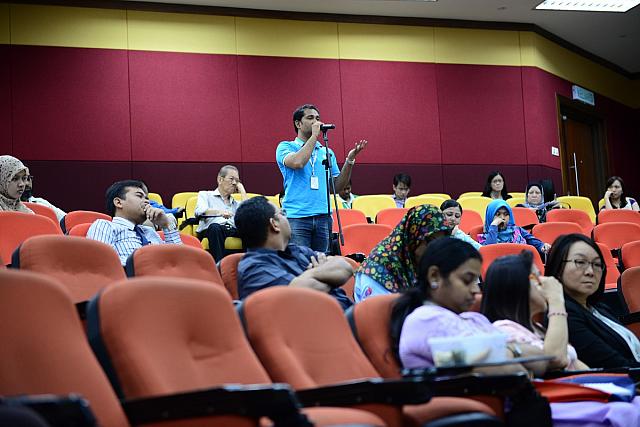 In a nutshell, Malaysia is a potential ISR hub to deliver speed, quality, and reliability in clinical research. A lot of initiatives are ongoing. The challenge is for the researchers to rise up. People need to have a paradigm shift so that Malaysia can be on par with other countries. In addition, educational training is indeed needed to enhance workforce readiness in clinical research.
In a nutshell, Malaysia is a potential ISR hub to deliver speed, quality, and reliability in clinical research. A lot of initiatives are ongoing. The challenge is for the researchers to rise up. People need to have a paradigm shift so that Malaysia can be on par with other countries. In addition, educational training is indeed needed to enhance workforce readiness in clinical research.




